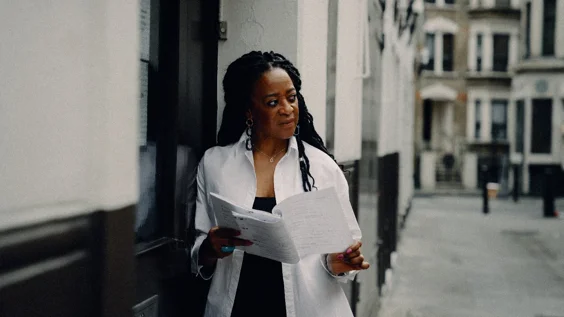The Equality Act states that you must not be discriminated against on the basis of your sexual orientation in a number of circumstances:
- You are heterosexual, gay, lesbian or bisexual
- Someone thinks you have a particular sexual orientation (this is known as discrimination by perception)
- You are connected to someone who has a particular sexual orientation (this is known as discrimination by association)
In the Equality Act, sexual orientation includes how you choose to express your sexual orientation, such as through your appearance or the places you visit. The mistreatment may be a one-off action or as a result of a rule or policy based on sexual orientation. It does not have to be intentional to be unlawful.
If you believe you have been treated differently as a result of your sexual orientation and this has disadvantaged you in some way, speak with us as soon as possible (contact us link). For example, this could be an allegation of sexual harassment that has not been taken seriously due to your sexual orientation.
Circumstances when being treated differently due to sexual orientation is lawful
Actions by employers and producers that are designed to support working with artists who have historically been disadvantaged due to their sexual orientation is lawful. This form of activity is known as a positive action measure. It can be seen, for example, in casting breakdowns and job advertisements that expressly encourage applicants who are LGBT+.
We encourage producers and engagers to adopt positive action measures to support the inclusion of LGBT+ members.
A producer or engager can also restrict applicants for a role based on it having an occupational requirement. This is where, for example, belonging to a specific sexual orientation is essential for authentic portrayal of a particular character in a production.
A contentious issue in the UK)is that organisations (schools for example) that exist to practice, promote and teach a specific religion or belief may place restrictions on those who can become members, employees and volunteers. The restrictions must be necessary either to comply with the doctrine of the organisation, or to avoid conflict with the ‘strongly held religious convictions’ of the religion’s followers.
Equity’s LGBT+ Committee works to limit the way in which restrictions may unlawfully discriminate again LGBT+ members of the union.
Our work to combat sexual orientation discrimination
An industry guide to improve the casting of LGBT+ performers
Equity’s LGBT+ Committee produced the entertainment industry’s first ever guide to good practice in casting and working LGBT+ artists in 2019.
Pride (Add an image from Equity at Pride)
We encourage our members and branches to self-organise and support Pride events across the UK. A number of Equity branches, such as Manchester and Brighton, raise funds to attend their local Pride march and events.
We also had a formal presence at UK Black Pride to send a message of solidarity.
Supporting the introduction of gender neutral awards categories
We welcome the movement across the awards industry of the introduction of gender neutral categories. As part of this transition, we have been involved in consultation exercises with awarding bodies including BAFTA and the BIFA.
Equity’s LGBT+ Committee will continue to lead on this work to shift a historical, binary focus of the awards industry.

